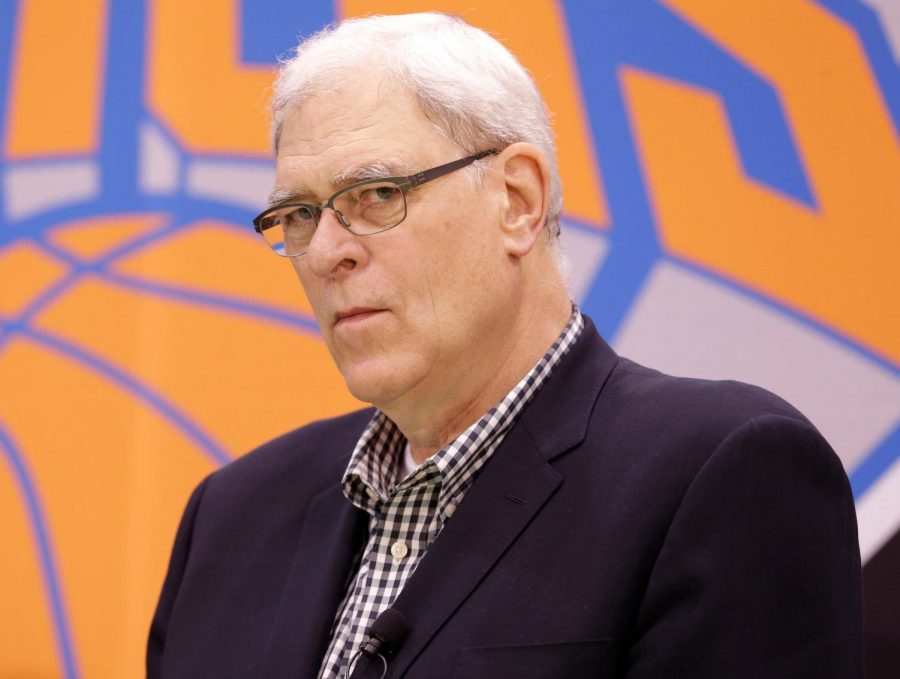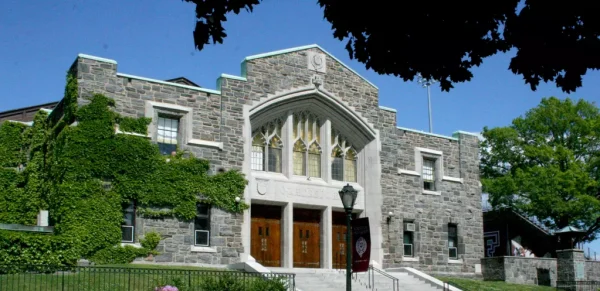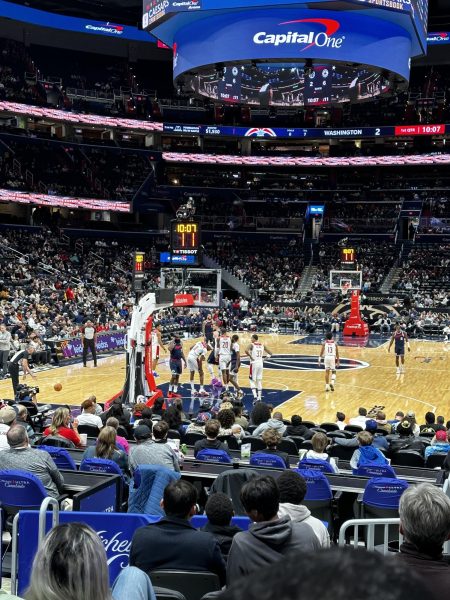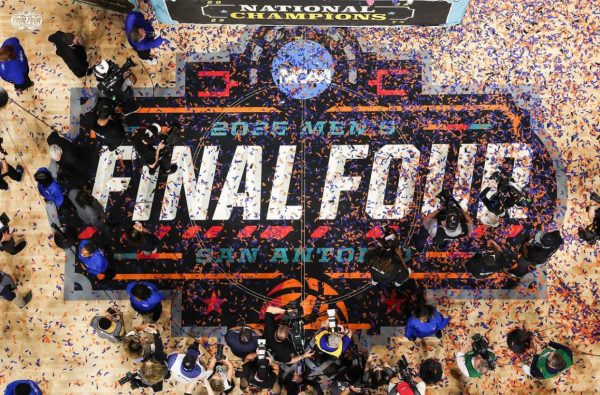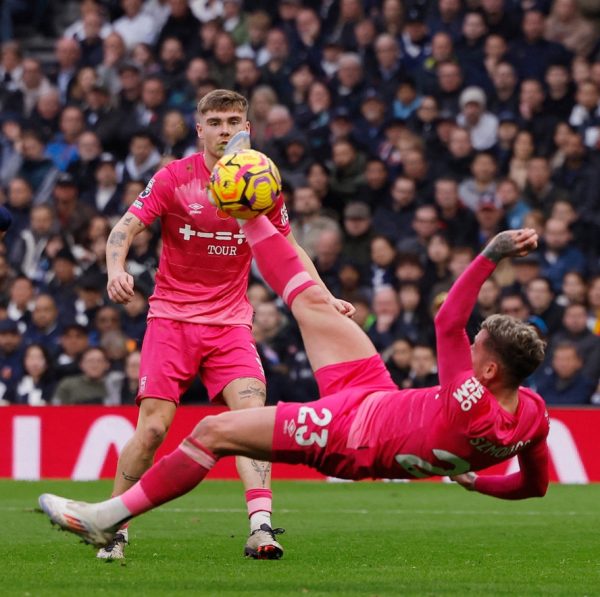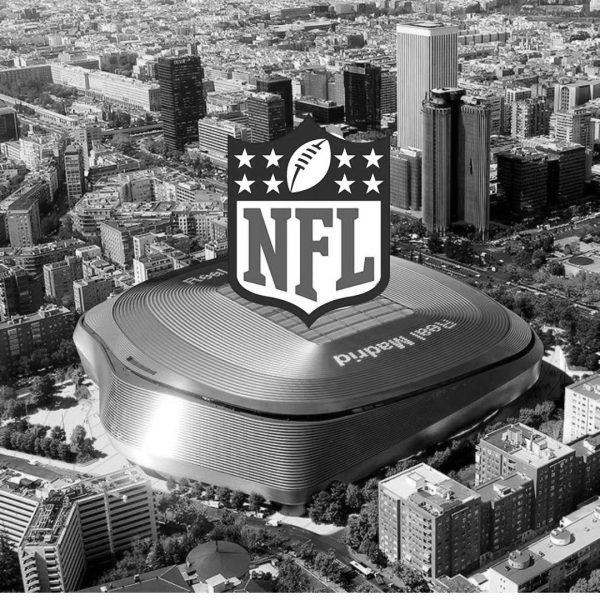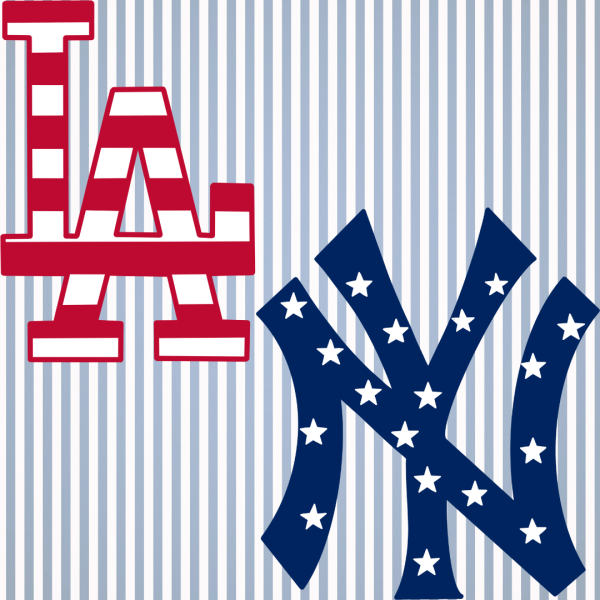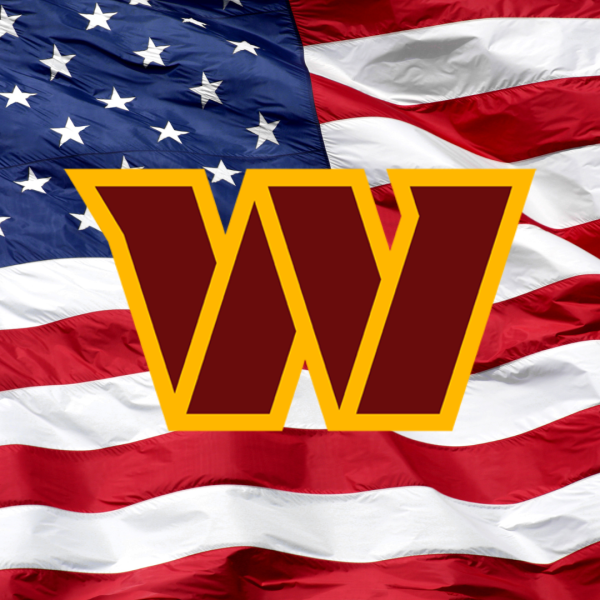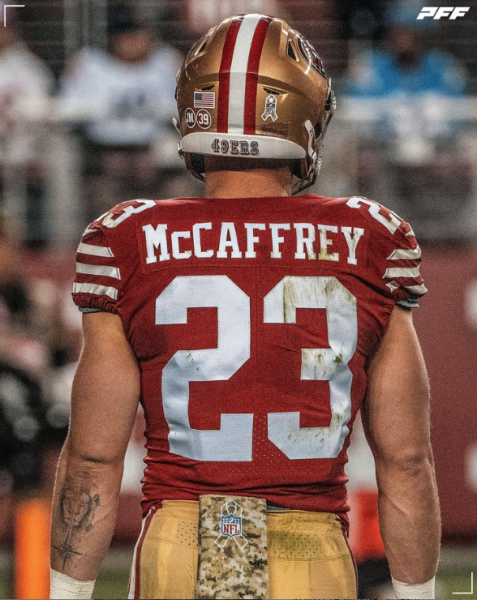Phil Jackson’s Interview is a Distraction from His Failed Knicks Tenure
Honesty and accountability for one’s shortcomings are vital criteria for being a professional in any industry. It appears Phil Jackson is not open to showing either when it comes to his time with the New York Knicks.
Jackson’s three seasons as a team executive from 2014-2017 — featuring three different head coaches, personal drama, a combined team record of 117-261, a plethora of terrible trades and some sour relationships with former players — did not go as planned for the NBA legend who had found great success in the league as a player and coach. By some measures, it is fair to say that his tenure in New York was a failure, while some passionate Knicks supporters have called it a complete “money grab.”
Yet, this did not stop the former Knicks president from using his platform to blame every other facet of Madison Square Garden for the incompetency that occurred under his watch. Recently, Jackson was a guest on “The Curious Leader” podcast, hosted by former Lakers shooting guard Coby Karl. In the episode, Jackson examined the series of events that plagued his Knicks tenure while simultaneously casting blame on Carmelo Anthony, the harsh media and even the fanbase for his dismissal from the organization on June 28, 2017.
The most pressing topic of the conversation was Carmelo Anthony’s lack of leadership abilities and the roadblocks that his contract placed in the way of Jackson being able to trade him. Jackson said that Anthony was more intimidating to those working around him and the no-trade clause on his contract prevented any trade scenarios to develop which Jackson admitted he wanted.
“Carmelo, I think, wanted to be a leader, but I don’t think he completely knew how to be a leader as a player,” Jackson said. “And I think that the strength of his personality was intimidating to some of the coaches that were asked to coach the team.”
“I wanted to trade Carmelo and … he’s got a no-trade clause that they asked for, but I suggested that if there was a situation — and I asked them to trade, I wanted them to be compliant with it. And you can have all your choices that you want but I want you to go along with the idea that maybe your time has come with being with the Knicks. So that was met without compliance.”
After painting questionable blemishes on Anthony’s reputation in New York, Jackson lamented about the media’s unfair treatment toward him and the organization. He expressed the feeling that he was fighting an uphill battle every day with the media looking for any opportunity to slander him and the franchise.
“[The media] was decidedly against the organization, and they were looking for whatever they can do to throw aspersions,” said Jackson, who then proceeded to compare his experiences to that of Donald Trump during his presidency.
The portion of the excuse-making vent session that strongly set off the Knicks’ faithful was when Jackson threw in a vague, unsubstantiated jab at Knicks fans for “getting in the way of the team.”
“It felt like a major disappointment to have to go through that and not being able to turn that thing around because it’s a heartbeat of New York,” he said. “It’s a big part of what they like — their basketball team. There are long-devoted Knick fans, and I appreciate their desire, but I think they get in the way of the team a lot of times.”
To make matters worse, Jackson went as far as throwing his former head coaching selection Derek Fisher, who he claimed to respect, under the bus. He claimed Fisher caused his downfall by getting caught up in “personal situations,” referencing a feud Fisher had with Matt Barnes outside of the organization. All routes were taken to defect from responsibility for poor coaching hires or any other mishap on Jackson’s part.
The truth is that the interview is a distraction from what was a failed executive tenure in the eyes of anyone who closely followed the team during those three years. Phil Jackson entered as president with promise and inherited arguably the Knicks’ best situation in the past decade. However, that promise quickly blew up in his face as he began dismantling a relatively successful roster and kindling bad relations with top players.
In Anthony’s case, the bigger crime was Jackson not doing anything to surround him with the right players to chase a title. Anthony was the centerpiece of the Knicks roster, but could not be expected to chase greatness alone and any talent around him was traded for journeyman players. The greater irony comes from Jackson’s being responsible for granting the no-trade clause that kept Anthony from leaving New York.
The media shouldn’t come as a surprise to Jackson either. In New York, the media enjoy reporting success, but they eat up drama and controversy. When the Knicks endure a two-decade stretch of mediocrity under your watch, the opportunities to print negative headlines and sell infinite papers are abundant. Jackson’s lack of accountability didn’t set him up for good relations with the media, and having his first head coach lead the team to its worst record in franchise history was an ideal opportunity to shed negative light on him.
Moreover, blaming the loyal Knicks fans was about as low as Jackson could’ve gone. As the team president, he was the one making the decisions, but the fans are arbiters of those decisions. When your decisions spiral the team further into incompetency, make the coaching carousel spin, create rifts with star players and stunt the growth of the team, the fans have every right to voice their opinions towards you. The fans did not take a 54-win team the season before, dishevel it and turn it into a 17-win disaster the next.
There is no debate that Jackson will be remembered as an NBA legend, but the stars just didn’t align for him as an executive. Making his case even less convincing is that the Knicks are now in a positive position a few years after dismissing him and every other remnant of his tenure besides Frank Ntilikina. They are seeded fourth in the Eastern Conference at 24-22, head coach Tom Thibodeau has revolutionized a young roster, and Leon Rose and the front office have managed assets properly. They are exciting to watch again, have a great defensive scheme and are competing for the first playoff berth in eight years.
It just wasn’t meant to be with Jackson, and the organization has now moved on to greater heights. As a former Knick, Jackson should support the team, not air personal grievances for a failed product. That’s why it didn’t work in New York; the triangle and the subsequent decisions made a failed product.
“It was best to leave, and I think as a favor, (James) Dolan relieved me of the job,” Jackson said. “I think he actually did me a favor.” He’s right, and history tells us that the decision did the organization a favor as well.



































































































































































































